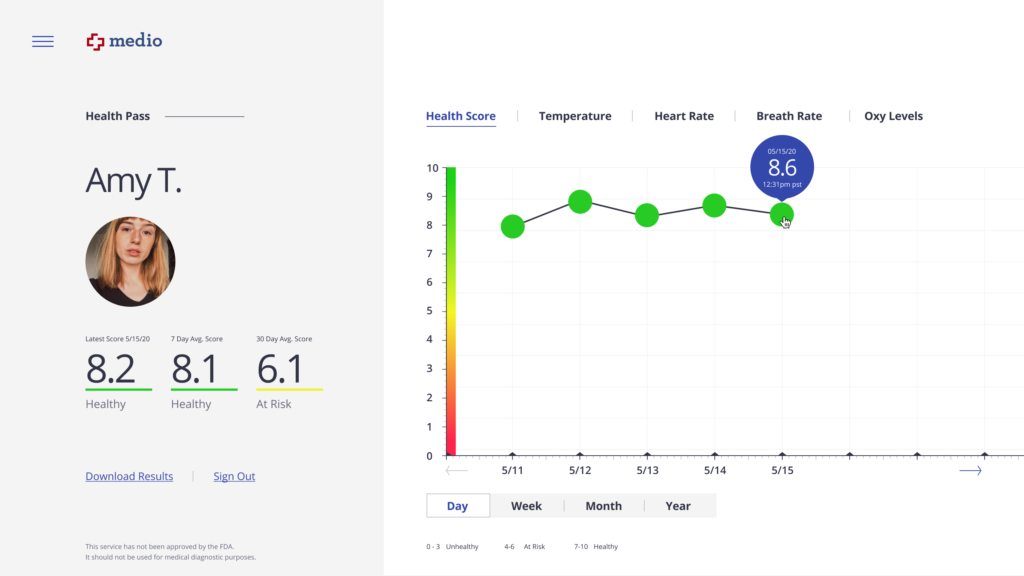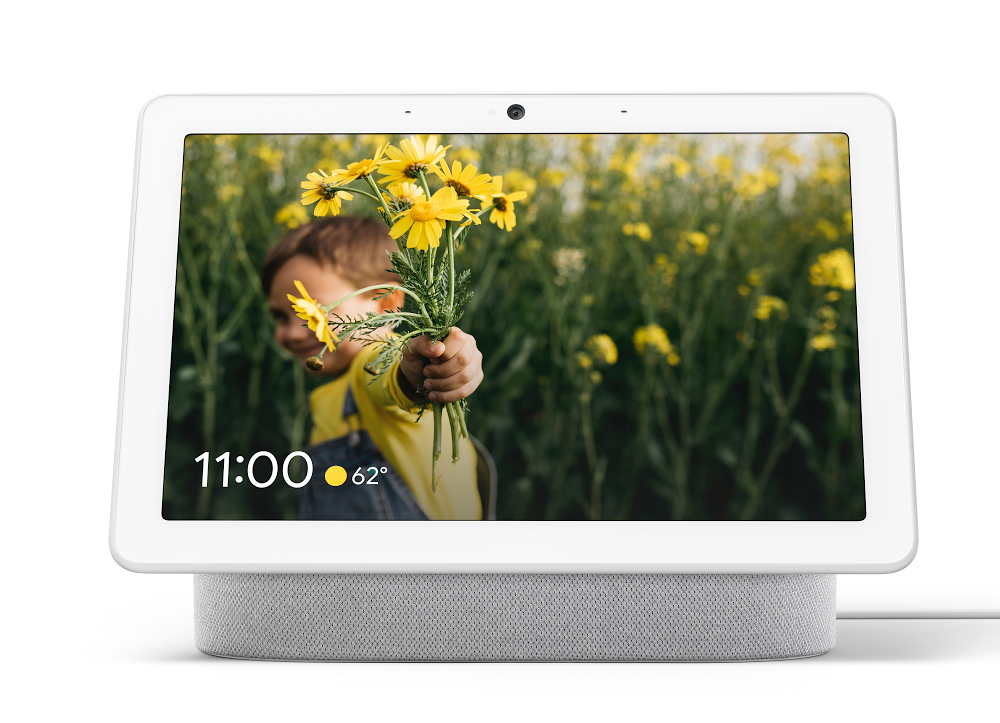This week’s show kicks off with us talking about Johnson Controls buying the remaining stake it didn’t hold in security company Qolsys and parallels with Google’s big partnership and investment with ADT. From there Kevin and I share a bit about our own smart home experiences, starting with my Alexa-related temper tantrum. Kevin then shares how his outdoor Wyze Cam fared during Hurricane Isaias and a hack to alert him to people sneaking up behind him while at his desk. We also share news of a funding round for an AI chip company, a new talent for Google Assistant, Samsara’s partnership with Nationwide Insurance, and a startup that can use a camera image to detect your heart rate, preparation, and other health insights. We also answer a listener question about transitioning away from Hue bulbs and the hub model.

Our guest this week is Brad Ree, the CTO of the ioXt Alliance. The Alliance is pushing a new security standard for connected devices and is backed by Amazon, Google, Facebook, Resideo, Le Grand, and more. Ree explains how the group got started, what the group is trying to do, and why it’s not endorsing “nutritional labels” for device security or different levels. Ree answers my questions about the two different methods one can use to get certified, which devices the certification works for today, and whether or not retailers or large partners might require the certification in order to sell or integrate with a device. It’s the same group of companies that are bringing you Project Connected Home over IP, so listen up and see what you think.
Host: Stacey Higginbotham and Kevin Tofel
Guest: Brad Ree, the CTO of the ioXt Alliance
Sponsor: Very and Very
- What’s behind Google’s deal with ADT?
- Alexa, screw you!
- Why on earth do we need another security standard for connected devices?
- Why nutritional labels and levels of security are too much
- Ree explains the concept of self-certification
Podcast: Play in new window | Download | Embed
Subscribe: RSS

